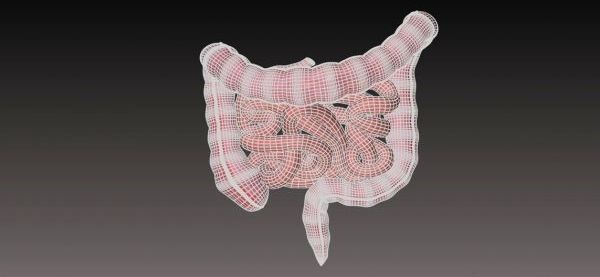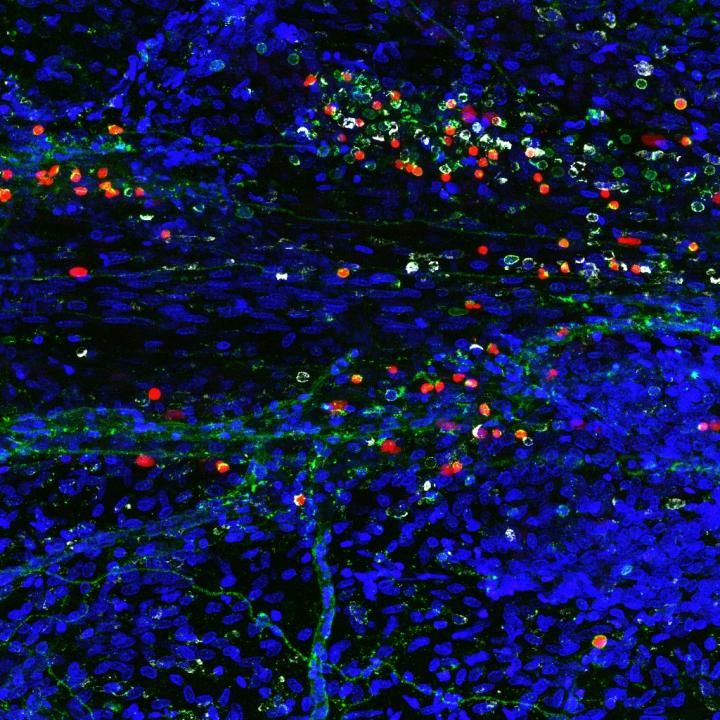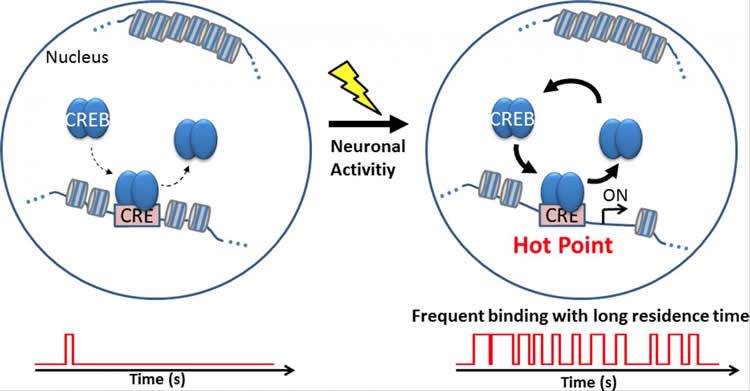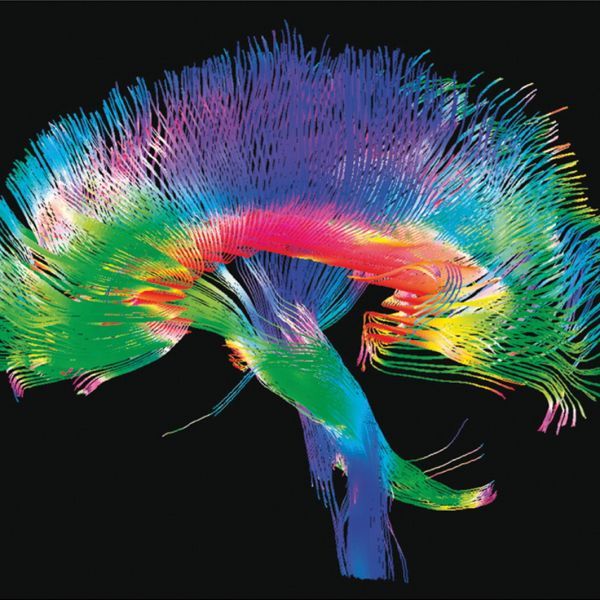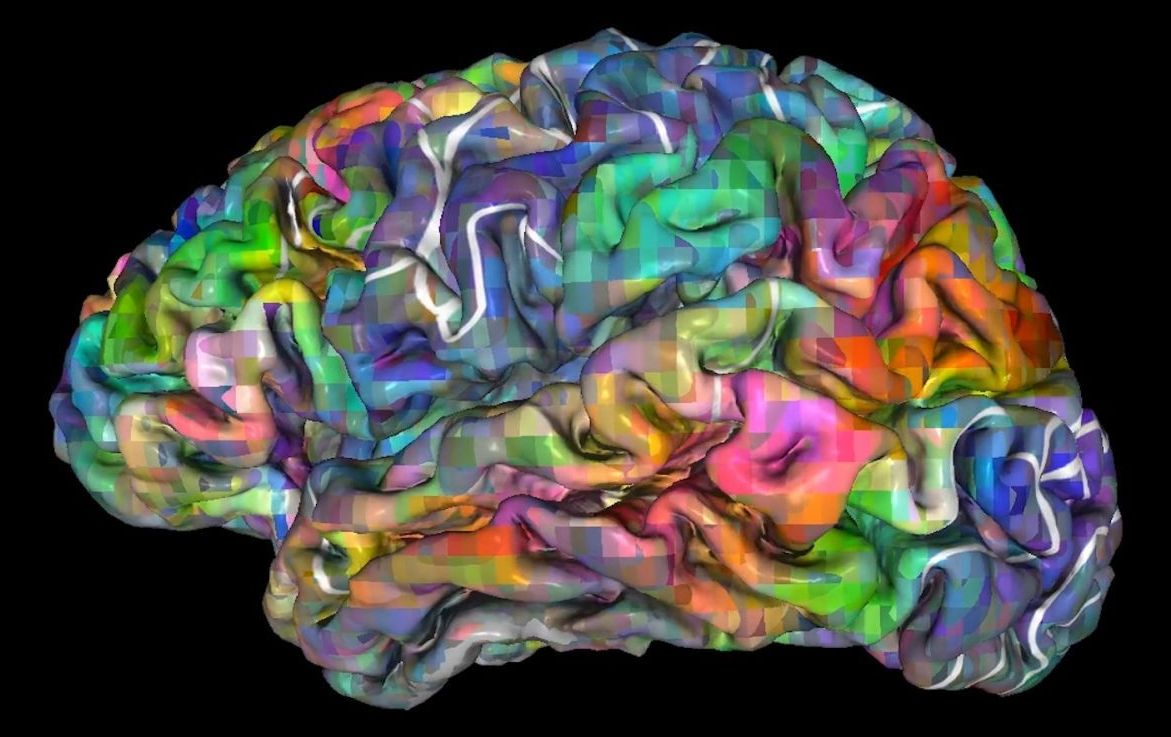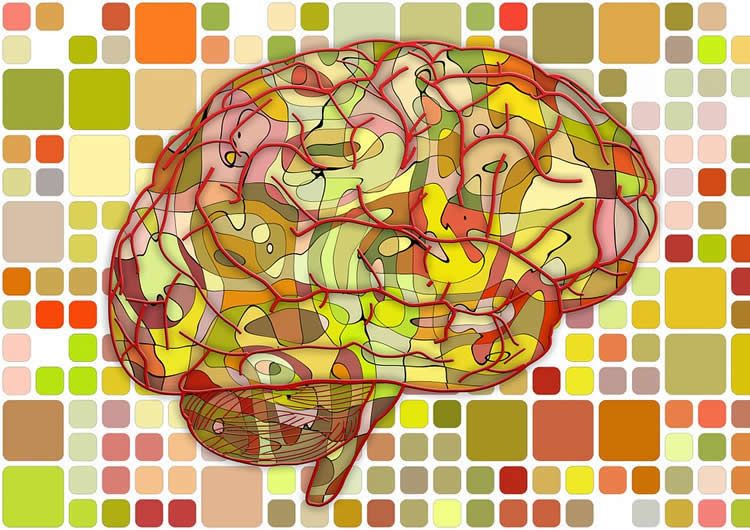Jan 2, 2017
Regenerative Medicine: Scientists Have Successfully Engineered Functioning Human Nerves
Posted by Shane Hinshaw in categories: biotech/medical, life extension, neuroscience
In a breakthrough for regenerative medicine, scientists have grown intestinal tissues with functional nerves in a laboratory setup using human pluripotent stem cells. The synthesized tissue was used to study Hirschsprung’s disease, a congenital condition where nerve cells are missing from the colon, causing complications in passing stool. The research is detailed in Nature Medicine.
A pluripotent stem cell is a precursor cell to all the other types of cells in the body. In a petri dish, the stem cells were treated in a biochemical bath that triggered the formation into intestinal tissue. The novel part of the study was the construction of a nervous system on the intestinal organoid. The researchers manipulated neural crest cells to grow a system of nerves. By putting together the neural crest cells and the intestinal tissue at the exact time, they successfully grew together into a complex functional system.
The tissues were transplanted into mice. They worked successfully and showed a structure “remarkably similar” to that of a natural human intestine.
